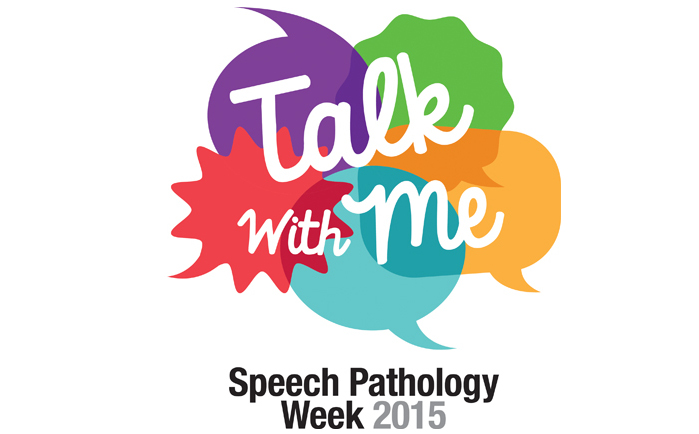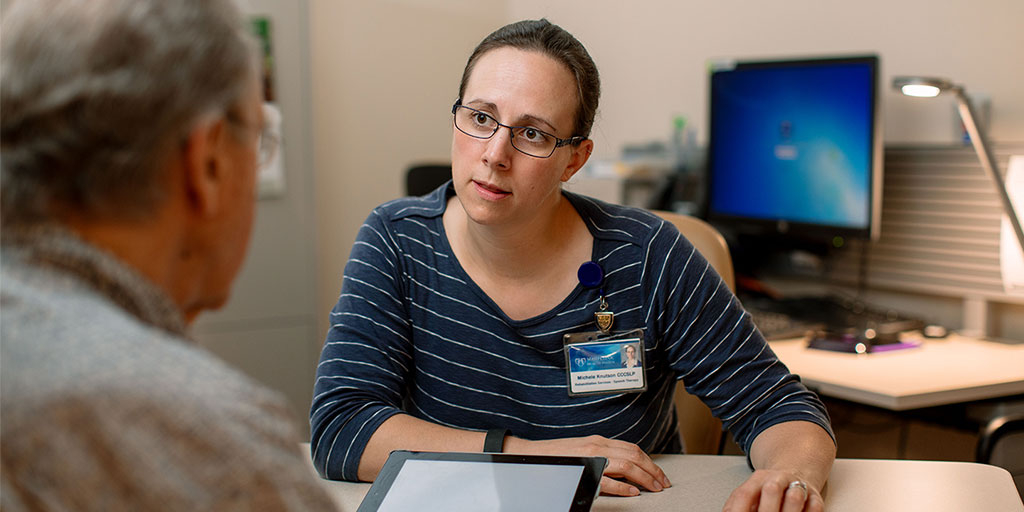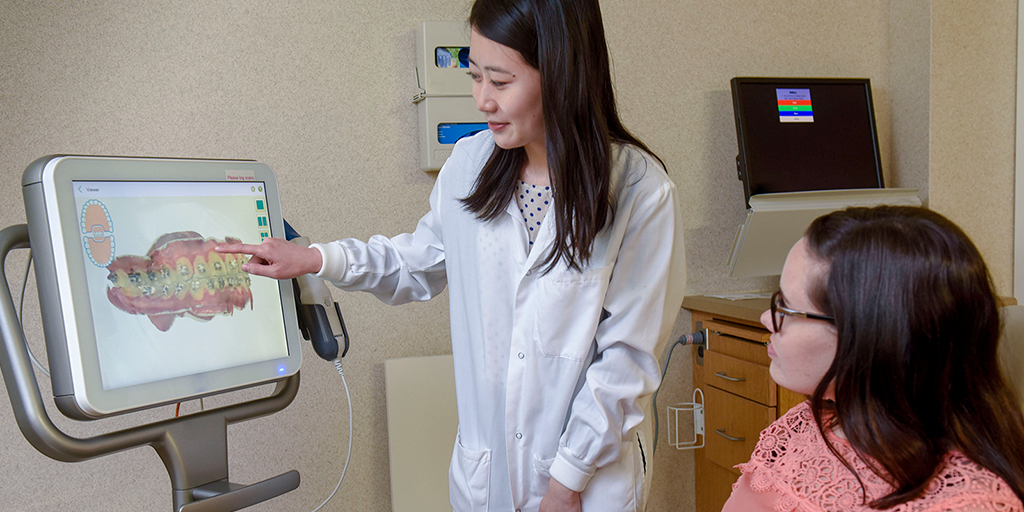Monday 24 August
WELCOME to Speech Pathology Week, 2015 – from 23 – 29 August.
This year’s theme is #Talkwithme and Positive Speech supports Speech Pathology Week to raise awareness of the more than 1.1 million people in Australia who have difficulty communicating.
THANKS Southern Highland News!
Today our local newspaper, Southern Highland News, has published a Media Release to contribute to raising awareness about Speech Pathology Week 2015. Buy the paper and read the News article on Page 2.
TODAY’S “DID YOU KNOW?”
A recent Senate Inquiry highlighted that communication disorders are more prevalent or on-par with the number of people with diabetes and three times the number of those with dementia. Both of these conditions are national health priorities and attract significant attention and resourcing. Communication disorders, however, are largely invisible.
This Speech Pathology Week, give a voice to those with a communication disorder and help end their silence #SPweek #Talkwithme.
Tuesday 25 August
TALKING POINT GOODIES
Our office has been decked out for Speech Pathology Week, which started on Sunday, 23 August.
Here are some of the goodies clients will be receiving this week – magic pens, stickers and fridge magnets. We look forward to seeing all clients this week, and anyone who’d like to pop in to say hello!
TODAY’S “DID YOU KNOW?”
Communication disorders contribute to poor educational outcomes, reduced employment opportunities and an increased likelihood of social, emotional and mental health issues.
This Speech Pathology Week, give a voice to those with a communication disorder and help end their silence #SPweek #Talkwithme.
Wednesday 26 August
MITTAGONG BUSINESSES SUPPORT SPEECH PATHOLOGY WEEK!
Michelle, practice manager at Teeth@Mittagong, Skip, barista extraordinaire at Brewster’s Café and Campbell, psychologist at Positive Mind, have all gotten behind Speech Pathology Week 2015. They know Communication is a Basic Human Right.
TODAY’S “DID YOU KNOW?”
Three in every 1,000 newborns have hearing loss, which without intervention can affect their speech, language and literacy.
This Speech Pathology Week, give a voice to those with a communication disorder and help end their silence #SPweek #Talkwithme.
Thursday 27 August
OUR OFFICE MANAGER of the day…. Bunny Rabbit MOO.
While she doesn’t get that much work done, preferring to nap, hop and nibble on hay, Moo supports Speech Pathology Week. She may not have a voice, but she can communicate her needs and wants very well!
TODAY’S “DID YOU KNOW?”
Around 13,000 Australians use electronic communication aids to get their message across, while 20 per cent of four year olds have difficulty understanding or using language.
This Speech Pathology Week, give a voice to those with a communication disorder and help end their silence #SPweek #Talkwithme.
Friday 28 August
BUT WHAT DO SPEECH PATHOLOGISTS ACTUALLY DO?
What a great question!
Speech pathologists are specialists in all forms of communication. We work with people to maximise their ability to communicate in a way that best meets their needs and abilities.
Speech pathologists work with people who have difficulty communicating because of developmental delays, stroke, brain injuries, learning disability, intellectual disability, cerebral palsy and hearing loss, as well as other problems that can affect speech, language and communication.
Speech pathologists work in a wide range of settings – schools, hospitals, nursing homes, universities, kindergartens, rehabilitation centres, community health centres, private practice and mental health services.
Pick up a brochure or two in our clinic.
TODAY’S “DID YOU KNOW?”
Speech disorders don’t just affect the young. At least 30 per cent of people post-stroke suffer loss of language, with 85 per cent of those with Parkinson’s disease having voice, speech and/or swallowing difficulties
This Speech Pathology Week, give a voice to those with a communication disorder and help end their silence #SPweek #Talkwithme.
Saturday 29 August
WHAT A WEEK!
We’ve had a great week of awareness raising. We hope you’ve enjoyed the week’s posts, and have a greater understanding of our country’s communication needs.
Want to know more?
Check out the national peak body that represents more than 6500 speech pathologists in Australia – Speech Pathology Australia
Speech Pathology Australia has developed a suite of fact sheets on important topics related to speech pathology. Click here to access these.
Happy Speech Pathology Week 2015!
AND A FINAL THOUGHT
Not only is communication a basic human right, it is the essence of what makes us human.





